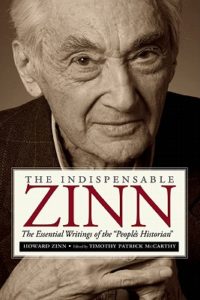 For those of us who can never get enough Howard Zinn, here is a new collection of his writing. In his foreword, Noam Chomsky sums up Zinn’s life: “Whenever there was a struggle for peace and justice, Howard was there, on the front lines, unflagging in his enthusiasm; inspiring in his integrity, engagement, eloquence, and insight; his light touch of humor in the face of adversity; his dedication to nonviolence; and his sheer decency.”
For those of us who can never get enough Howard Zinn, here is a new collection of his writing. In his foreword, Noam Chomsky sums up Zinn’s life: “Whenever there was a struggle for peace and justice, Howard was there, on the front lines, unflagging in his enthusiasm; inspiring in his integrity, engagement, eloquence, and insight; his light touch of humor in the face of adversity; his dedication to nonviolence; and his sheer decency.”
Zinn brought these qualities to his writing — whether describing the events leading up to the Ludlow Massacre, the “new abolitionists” of the Civil Rights Movement, or in his wide-ranging interviews about history and politics with David Barsamian, also included in this volume. Some of these selections can be used with high school students; all of them will help educators clarify what’s worth teaching and why.
Timothy Patrick McCarthy is a lecturer on history and literature and on public policy at Harvard University, where he directs the Sexuality, Gender, and Human Rights Program at the Carr Center for Human Rights Policy. An award-winning scholar, teacher, and activist, he is a co-editor, with John McMillian, of The Radical Reader: A Documentary History of the American Radical Tradition and of Protest Nation: Words That Inspired a Century of American Radicalism; a co-editor, with John Stauffer, of Prophets of Protest: Reconsidering the History of American Abolitionism; and the editor of The Indispensable Zinn: The Essential Writings of the ”People’s Historian”, all published by The New Press. He lives in Cambridge, Massachusetts.
ISBN: 9781595586223 | The New Press
Excerpt from essay by McCarthy about Zinn
Though Howard was best known for his prolific writing and tireless activism, those of us who spent time with him beyond his more public persona knew him to be an exceedingly humble and generous man. The first time I met Howard, in the spring of 1999, I was still a graduate student. After defending my dissertation prospectus at Columbia, Howard’s alma mater, I moved back to Cambridge to become the guardian of a young man I had been mentoring since my days as an undergraduate at Harvard. This was a risky decision for me at that point in my graduate career. More than a few of my colleagues and professors warned that it would derail my “professional progress” (they were right, of course, but sometimes life gets in the way of one’s more selfish ambitions). I was lucky enough to secure a part-time teaching gig as a tutor in Harvard’s undergraduate program on history and literature, but I was still anxious about the daunting prospect of balancing dissertation writing with my new teaching and parenting duties. Whatever the reason, I sent Howard an email, totally out of the blue, asking if he’d be willing to have lunch with me. Having been radicalized at Columbia, I suppose I was looking for a suitable mentor who could stand in for Eric Foner and Manning Marable, my graduate advisers, while I was away. Within 48 hours, Howard responded with a date and time to meet at a favorite spot of his in Harvard Square. I brought my tattered first edition copy of A People’s History for him to sign, along with a bundle of nerves. Howard was, after all, something of a hero to me, but he owed me nothing. I worried that he would find me annoying or pathetic, or both. As it turned out, he was immediately disarming, listening carefully and patiently to my manic ramblings about history, politics, life, and graduate school. He was kind enough to affirm that there was room for yet another study of American abolitionism (my dissertation topic), and even kinder to affirm my decision to move back to Cambridge to help raise this young boy, to live life on my own terms. In retrospect, I was slightly embarrassed to have dominated the conversation so much, which made me even more grateful for his friendship that day. He even paid for my sandwich and iced tea. I left our lunch with a renewed sense of energy and purpose, as well as a deeper appreciation for the fact that some heroes have the capacity to be both human and humane. This was a vital lesson for me to learn at such an early age, and I haven’t forgotten it.
Over the years, our personal, professional, and political friendship deepened. Howard was a regular guest lecturer in my undergraduate course on “American Protest Literature,” and we spoke on several panels together. He helped John McMillian and me get our first book contract, for The Radical Reader, and then wrote a generous blurb. (It would be difficult to overstate how much that meant to us at such an early stage in our careers.) Over the years, Howard and I often found ourselves at the same protests and rallies—for a living wage, peace, and the like—and we were both cited by Lynn Cheney’s American Council of Trustees and Alumni (ACTA) for being “short on patriotism” because of our outspoken opposition to war in Afghanistan and later Iraq. In November 2001, when ACTA first published its report “Defending Civilization: How Our Universities Are Failing America and What Can Be Done About It”— which included a list of more than 100 “campus responses” in the wake of 9/11—I called Howard to joke with him about the fact that my protests had gotten me ranked No. 32, two spots higher than him. “Well,” he quipped, “it’s about time your generation stepped up.” Such laughter felt good, even liberating, especially during those dark times. As a young scholar-activist with no job security, I was comforted and strengthened to know that Howard was also on the front lines during a time when precious few Americans were willing to speak out against the accelerating pace of American imperialism in the first decade of this century. Then again, Howard was always on the front lines when and where it mattered.
As committed as Howard was to political activism—or perhaps because of it—he always found time for young people. Several years ago, I asked him to come speak to a group of students I was taking down South to help rebuild an African-American church that had been destroyed by arson. Each spring break for the past 15 years, I’ve organized trips like these, and they always inspire deep conversations about race, religion, civil rights, and social justice. In my effort to provide an opportunity for education and reflection on these issues, I thought Howard would be a great person to talk with my students about how this work connected to the long history of civil-rights activism in the United States. We settled on a Sunday afternoon, and I promised to buy him brunch beforehand. Howard was late to meet us; he had been trying to find parking in Harvard Square. After circling the block several times, he decided to park illegally. “A little civil disobedience never hurt anybody,” he joked as I introduced him to the student leaders of the trip. During brunch my students listened intently as Howard regaled them with stories of his involvement in the civil-rights movement, war and peace, history and activism, and his friendships with Alice Walker and Noam Chomsky. After brunch, we joined the rest of the group, and he spent nearly two hours talking with them, answering their questions, and posing for some photographs. As I was walking him to his car, I thanked him for his generosity and offered to pay for his parking ticket. “They never give me a ticket,” he said devilishly. Turns out he was right. If only they knew it was Howard Zinn’s car!
I share these stories to underscore several things about Howard’s character that too many of his critics never really seemed to take the time to understand or appreciate: his tireless commitment to teaching and mentoring, his uncommon generosity, and his quick wit. (The rebellious spirit, of course, is amply documented!) Another quality I came to cherish was his love for the arts. A playwright himself, Howard was also a patron of the arts. He regularly attended poetry readings, plays, films, and opera performances all over Boston. “Artists play a very special role in relation to social change,” Howard argued in a 2004 interview with alternative radio journalist David Barsamian. “I thought art gave them a special impetus through its inspiration and through its emotional effect that couldn’t be calculated. Social movements all through history have needed art in order to enhance what they do, in order to inspire people, in order to give them a vision, in order to bring them together, make them feel that they are part of a vibrant movement.” Howard, too, made us feel “part of a vibrant movement” by insisting that art, history, and activism could be each other’s muse. He believed this in his bones. Continue reading at The Daily Beast.

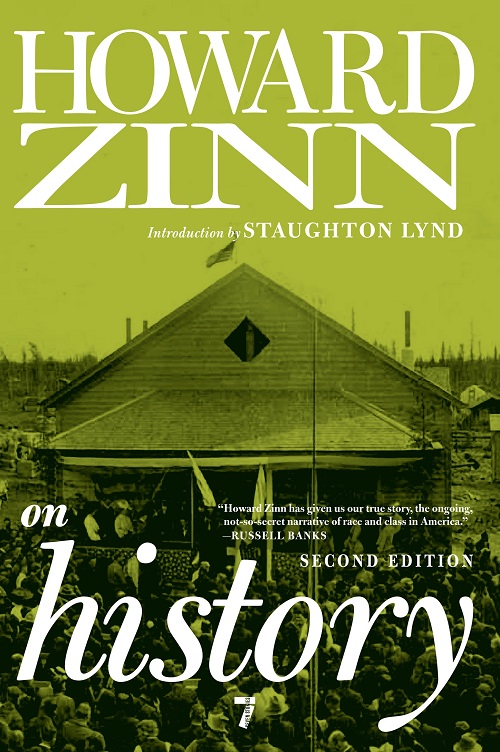
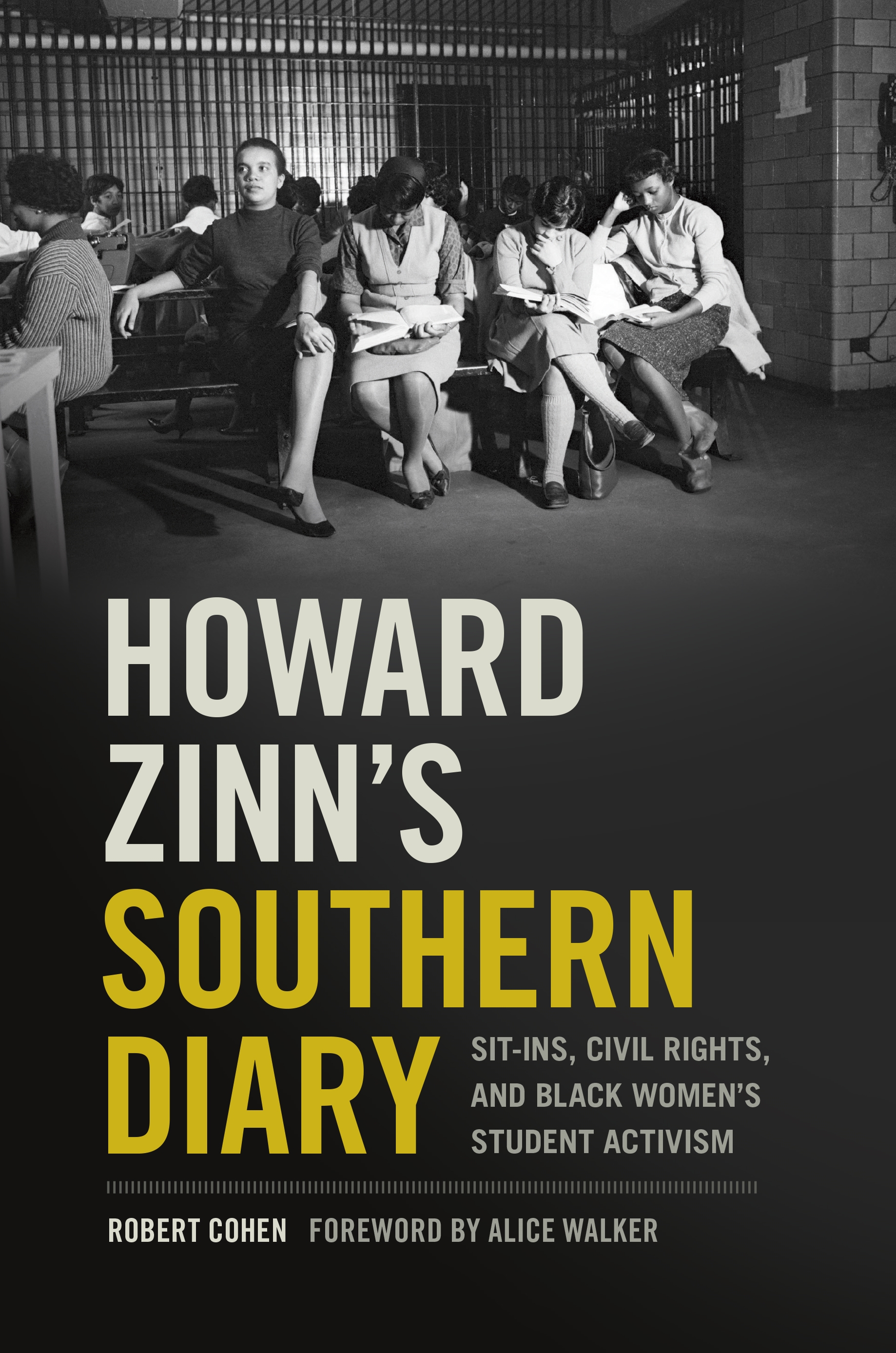
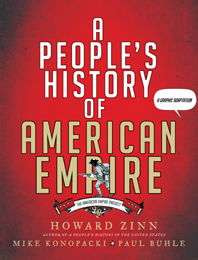
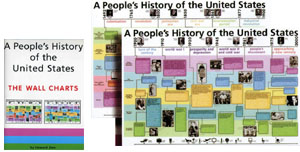
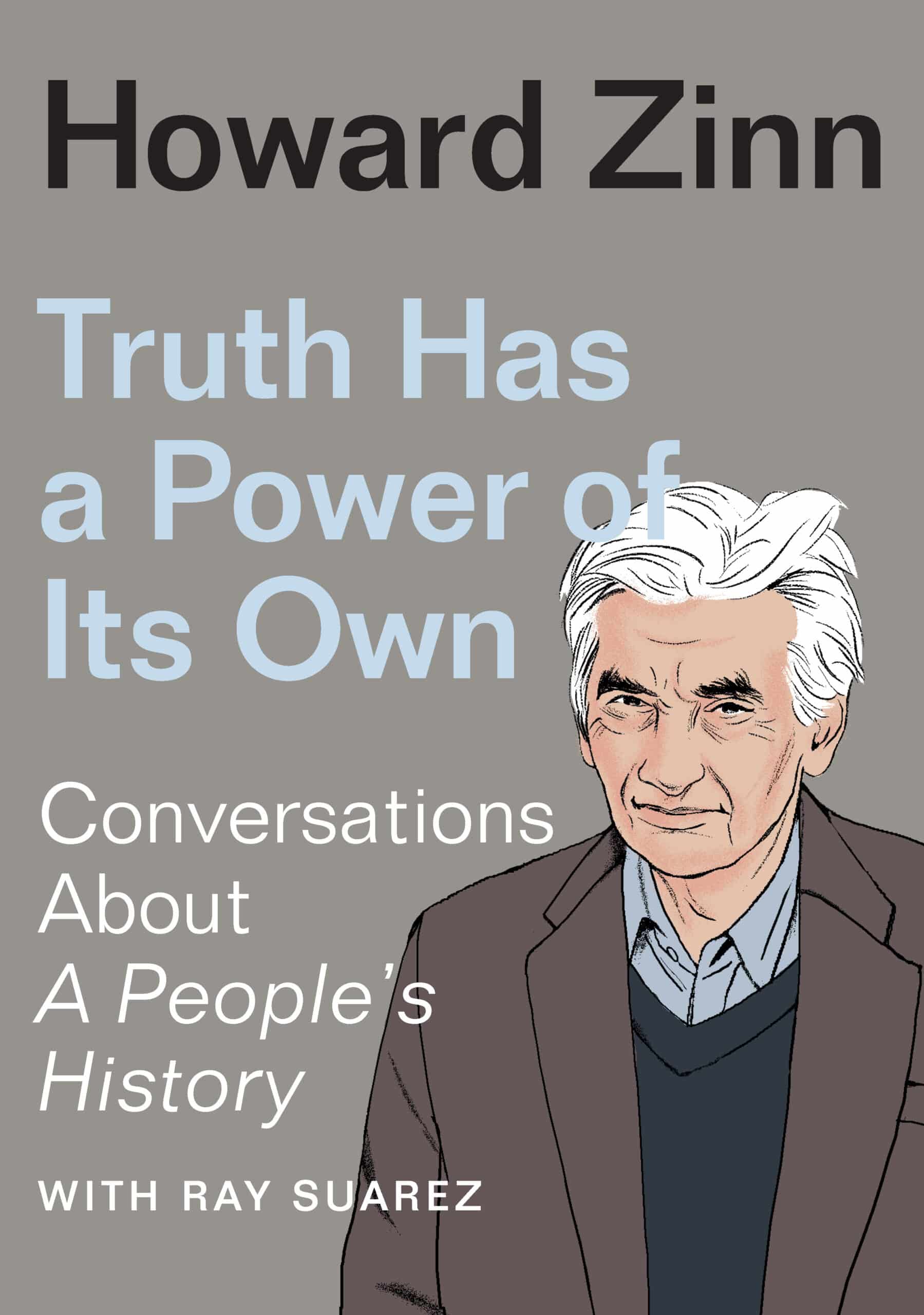
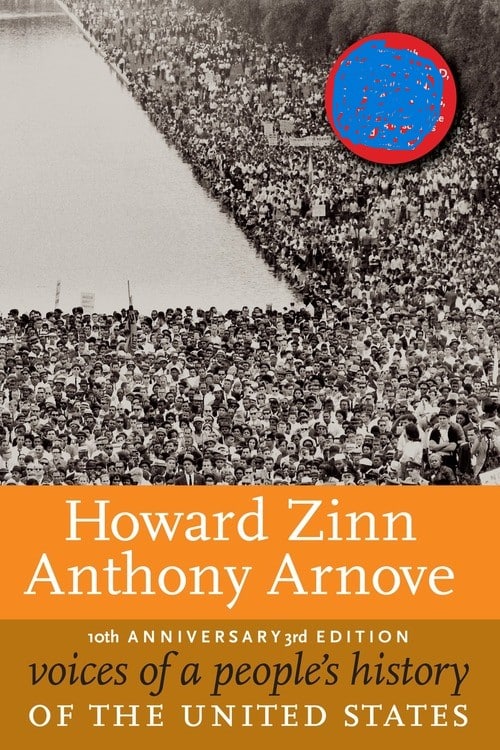
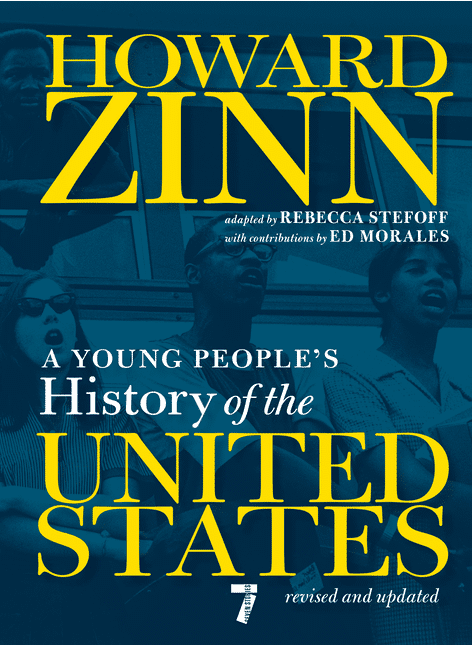
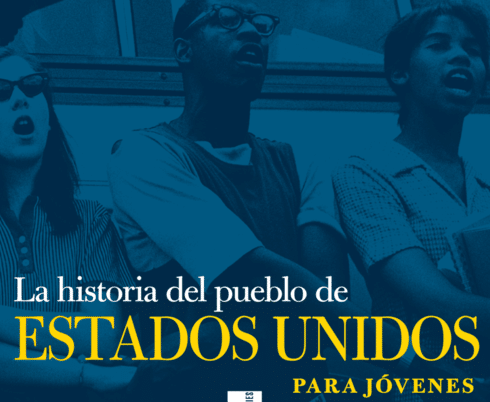
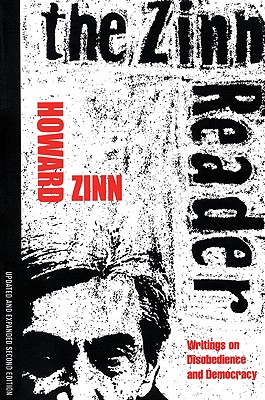






Can’t wait to purchase this book! As always, Zinn was and still is so indispensable…I relish my upcoming move in May to the DC area so that I am able to attend the social gatherings and participate more fully…